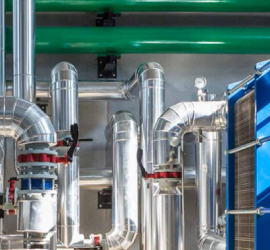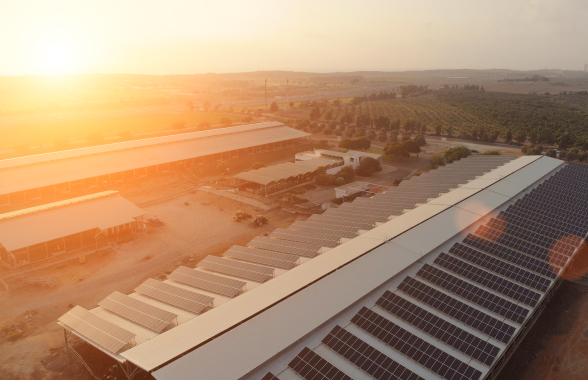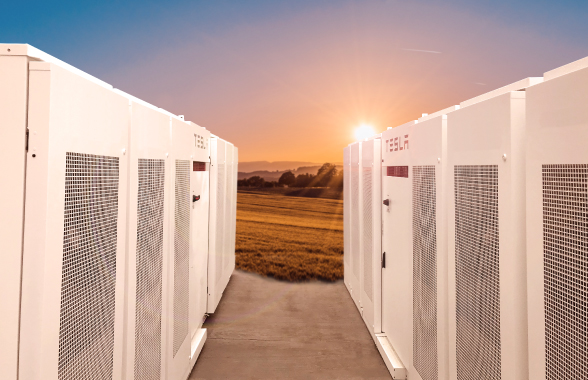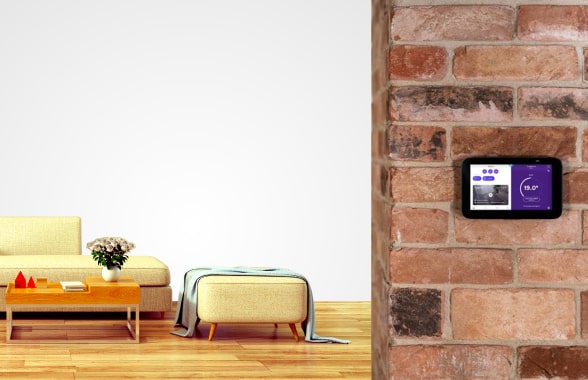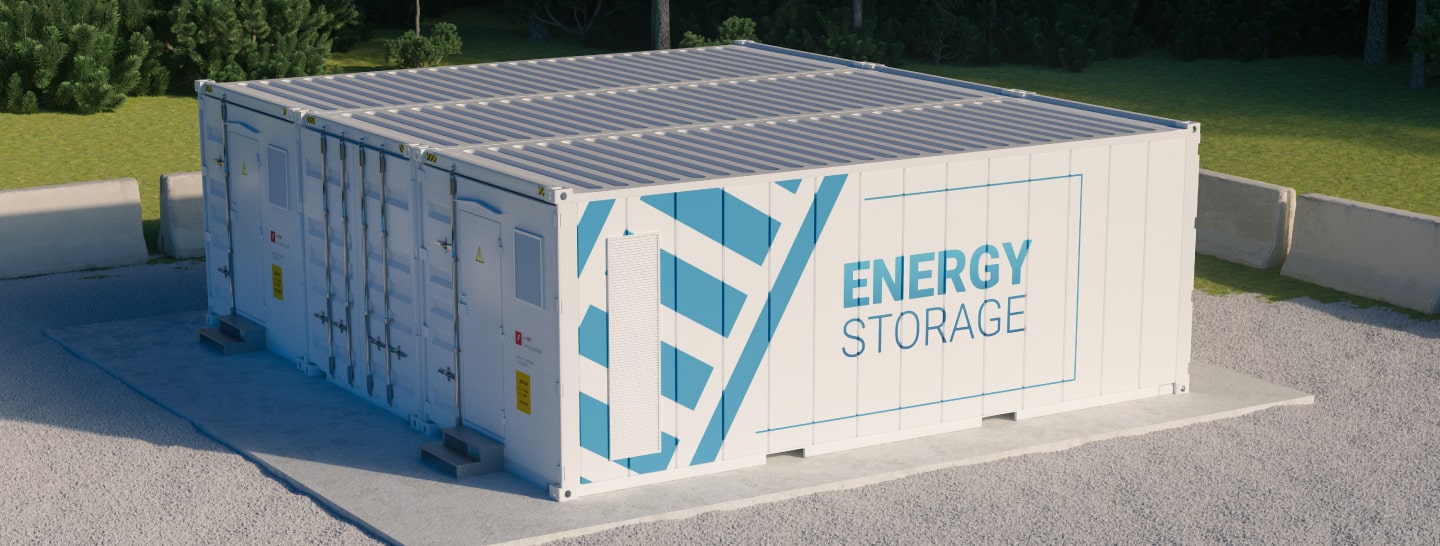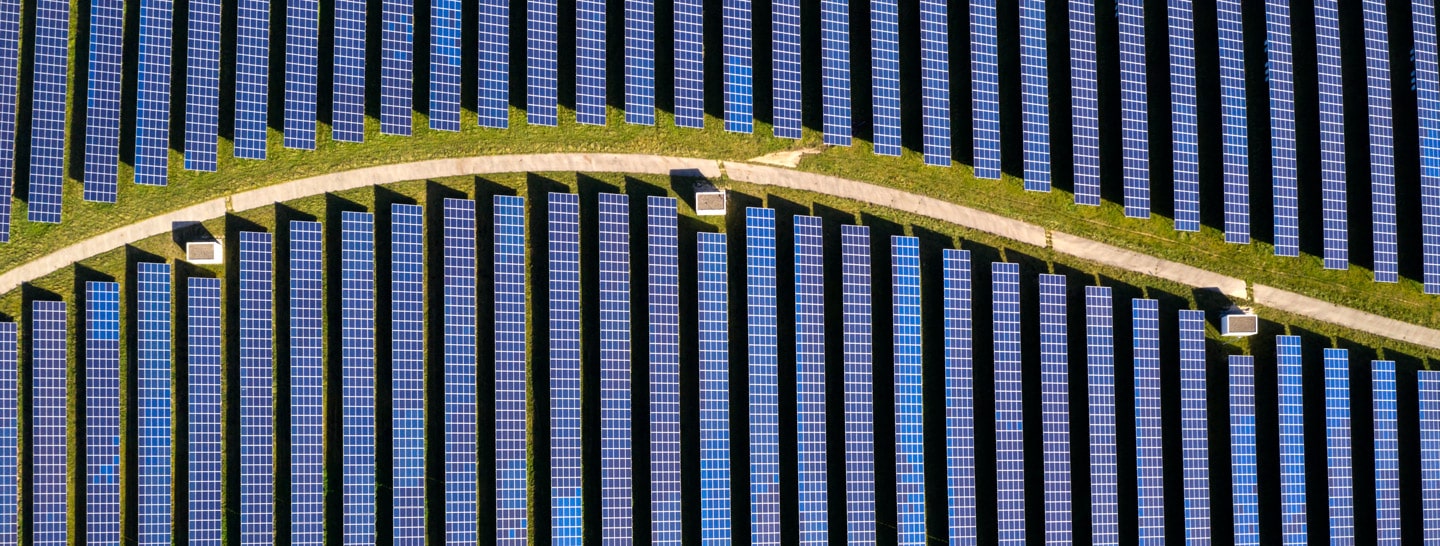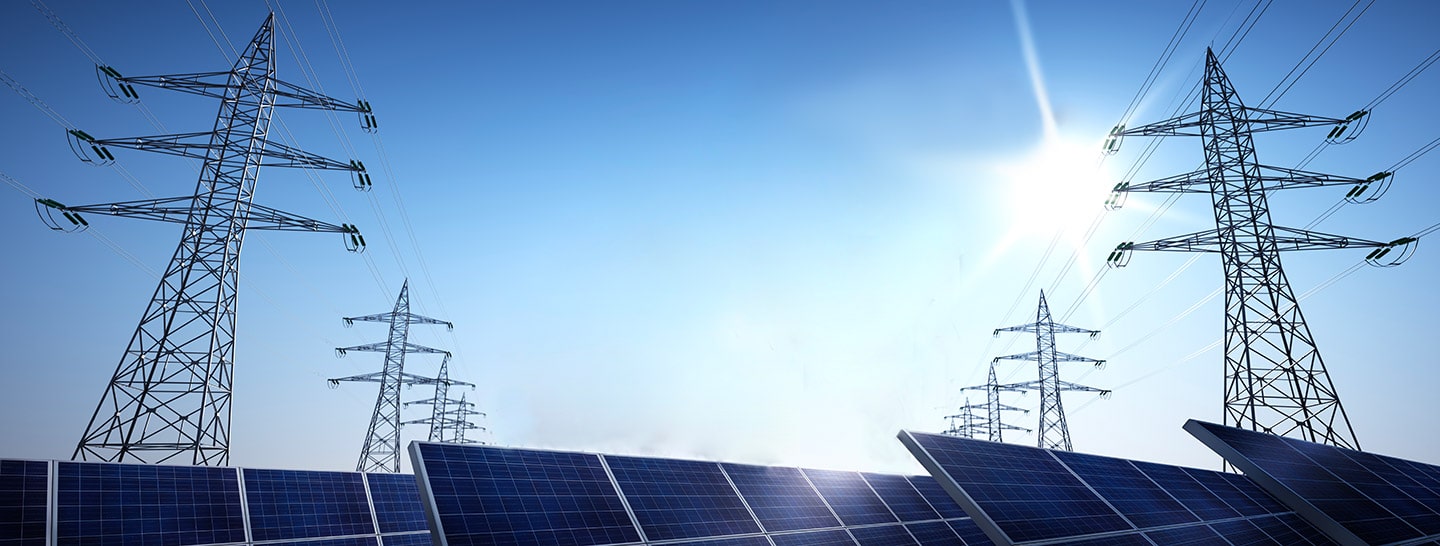Solar technology absorbs sunlight and converts it into electricity through photovoltaic (PV) panels. These can be anything from small panels mounted onto a balcony, or large solar “arrays” of connected panels. The electricity generated by solar energy must be converted by an inverter from DC into the AC current needed to power your home, office or business. Increasingly, homes and businesses use a monitoring system that enables them to manage energy production and consumption. The solar-produced electricity can be consumed immediately, stored in batteries for later use, or sold back into the electricity grid. This flexibility is what makes solar power one of the best ways to reduce energy bills.
Energy storage systems like lithium-ion batteries are therefore key to delivering the
solar energy advantage. Batteries enable you to store excess energy when prices are low, and then consume it during peak hours when the cost of power is higher, or also at night or on a rainy day.

